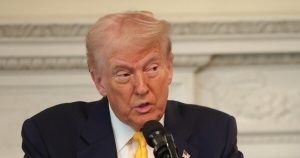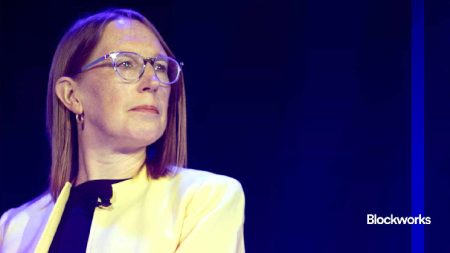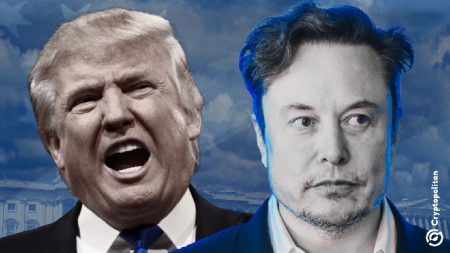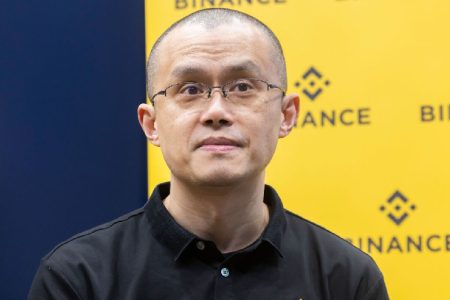Congressional Powerlessness in the Face of Executive Authority
In a striking admission, Senate Judiciary Chair Chuck Grassley revealed that Congress is essentially powerless to halt Elon Musk’s sweeping government cuts. During a press call reported by RadioIowa, Grassley stated, “Congress can’t do anything except complain,” highlighting the limitations of legislative authority in the face of executive branch decisions. Grassley emphasized that Musk’s Department of Government Efficiency (D.O.G.E) operates with the full support of President Donald Trump, leaving Congress with little recourse but to voice its dissatisfaction.
Grassley’s remarks underscored the constitutional framework that grants the executive branch significant authority over federal operations. “The Constitution says all executive power of the federal government shall be vested … in the office of the presidency,” he explained, noting that the mass firings across federal agencies, particularly in regulatory bodies and watchdog organizations, are entirely within the purview of the executive branch. This centralized power has allowed Musk and Trump to implement drastic changes without needing congressional approval, leaving lawmakers frustrated and sidelined.
Trump and Musk’sJoint Defense of Government Cuts on Fox News
President Donald Trump and Elon Musk are set to address the ongoing government shake-up in a pre-recorded interview with Fox News host Sean Hannity. The interview, taped on Friday and scheduled to air soon, marks their first joint sit-down since Trump returned to office last month. In a preview released by Fox, Musk reflected on his political evolution, stating, “I used to be adored by the left. Less so these days because of my support for Trump.”
Musk attributed the backlash he has faced to what he termed “Trump Derangement Syndrome,” a phrase he used to describe the intense opposition to Trump and his allies. “You don’t realize how real this is until you can’t reason with people,” Musk said. “It’s like they’ve become completely irrational.” His comments suggest that his support for Trump has alienated him from his former political allies, a shift that has drawn significant attention in recent months.
Trump, speaking at a news conference in Florida, teased the interview and revealed that he had cautioned Musk about potential conflicts of interest between his private companies, such as SpaceX, and government projects. “I told Elon straight up: You can’t work on government projects that interfere with your companies,” Trump said, referencing SpaceX’s contracts with NASA. Despite these warnings, Musk has pressed ahead with his agenda, raising concerns about the blurring of lines between public and private interests.
Elon Musk’s Rapid Dismantling of Federal Agencies
Elon Musk has moved swiftly to dismantle federal agencies, sparking widespread criticism and concern. Last week, he shut down the Consumer Financial Protection Bureau (CFPB), an agency established after the 2008 financial crisis to protect consumers from bank fraud and fintech scams. Musk announced the closure in characteristically terse fashion, posting “CFPB RIP” on X, accompanied by a gravestone emoji. The decision effectively strips oversight from the fintech industry, a move that has drawn sharp criticism from Democrats, who argue that it benefits Musk’s own business interests.
Just days before closing the CFPB, Musk’s X platform secured a major banking deal with Visa, launching the X Money Account as part of his broader effort to transform X into an “everything app.” The platform now offers banking services, social media, AI support, and, as critics note, a platform for extremist propaganda—all under one roof. Trump has defended Musk’s unchecked power, insisting that the billionaire is capable of self-regulation. “Elon is doing a fantastic job,” Trump said. “You can trust him.” However, critics warn that Musk’s consolidation of power poses significant risks to accountability and transparency.
A Clash of Interests: Modi’s Unexpected Meeting with Musk’s Family
In a bizarre diplomatic incident, Indian Prime Minister Narendra Modi reportedly expected a formal state meeting during his visit to Washington last week. Instead, he found himself seated across from three of Elon Musk’s children and one of their mothers in what was supposedly an official discussion about Tesla and SpaceX expansion in India. The unusual encounter highlights the growing influence of Musk’s personal life and family in his professional and political dealings.
The meeting, first reported by the Financial Times, has raised eyebrows in diplomatic circles, as it appears to blur the lines between personal and official business.While the details of the discussion remain unclear, the incident underscores the unconventional approach Musk has taken to governance and diplomacy. Critics argue that such informal arrangements risk undermining the seriousness and formality typically associated with international relations, potentially setting a troubling precedent for future interactions.
The Broader Implications of Musk’s Government Overhaul
Elon Musk’s rapid overhaul of the federal government has sparked intense debate about the balance of power in Washington, the role of the executive branch, and the potential for conflicts of interest. While supporters argue that Musk’s leadership brings much-needed efficiency and innovation to government operations, critics warn of the dangers of unchecked power and the erosion of democratic accountability.
The partnership between Musk and Trump has further polarized an already divided political landscape, with opponents accusing the pair of prioritizing corporate interests over public welfare. The shutdown of agencies like the CFPB, coupled with Musk’s expanding business empire, has raised questions about the long-term consequences of merging private sector ambitions with government authority. As Musk continues to consolidate power, the nation is left to grapple with the implications of this unprecedented era of governance.















